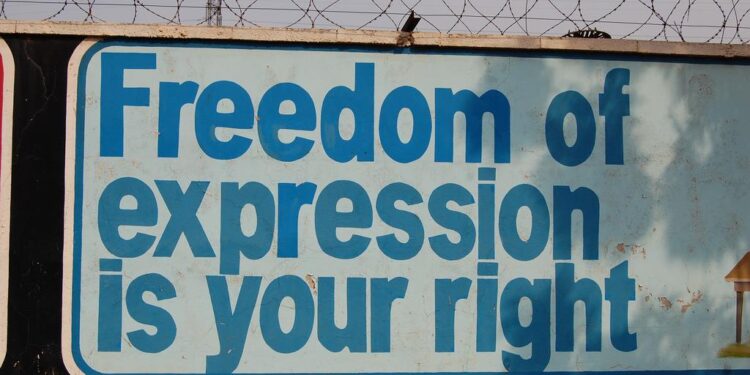Strengthening Legal Expertise on Freedom of Expression in North Macedonia: A Cornerstone for Democratic Development
As North Macedonia continues its democratic evolution, the Council of Europe has initiated a comprehensive program aimed at enhancing legal knowledge and practice concerning freedom of expression. This initiative, outlined on coe.int, seeks to address persistent deficiencies within the country’s legislative framework and its enforcement mechanisms. By bolstering safeguards for free speech, this effort is crucial in reinforcing democratic stability as North Macedonia advances toward deeper integration with the European Union. Through targeted training sessions and capacity-building initiatives, legal practitioners are being prepared to navigate complex challenges related to protecting expression rights—ultimately nurturing a vibrant and resilient civil society.
Reinforcing Freedom of Expression Frameworks Amid Digital Era Challenges
Central to this endeavor is creating a robust legal environment that protects both journalists’ independence and citizens’ rights to free speech. In light of emerging digital threats such as misinformation campaigns and online censorship trends—which have surged globally with internet penetration now exceeding 80% in North Macedonia—the program emphasizes building an informed network capable of addressing these issues effectively. Key elements include:
- Focused workshops tailored for media professionals and lawyers covering contemporary legislation governing freedom of expression.
- Establishment of multi-stakeholder platforms uniting government representatives with civil society actors, fostering exchange on best practices.
- Public outreach campaigns designed to increase awareness about individual rights under national law.
Complementing these efforts are detailed legislative reviews aimed at aligning domestic statutes with prevailing international human rights obligations. Collaborations extend across universities and professional legal bodies dedicated not only to protection but also promotion of open societal discourse. Expected outcomes from this initiative include:
| Anticipated Results | Target Timeline |
|---|---|
| Enhanced understanding among stakeholders regarding freedom-of-expression laws. | Within 6 months |
| Drafters submit revised policy proposals consistent with international standards. | By 12 months |
| Sustained growth in public engagement around expression-related issues. |
Key Reforms Essential for Upholding Journalistic Independence and Integrity in North Macedonia
For journalism—and democracy itself—to thrive sustainably, several urgent reforms must be implemented:
- The revision or elimination of criminal defamation provisions while encouraging responsible reporting;
- The creation or strengthening of an independent regulatory authority that oversees media operations without political bias;
- The expansion and enforcement enhancement regarding whistleblower protections safeguarding those who expose corruption or misconduct;
- The simplification and acceleration of access-to-information procedures enabling journalists prompt retrieval without excessive bureaucratic hurdles.
Achieving coherence among these reforms requires harmonization across various legislative sectors combined with extensive judicial training focused on freedom-of-expression principles. Targeted areas include:
| Affected Legislation | Sought Amendments |
|---|---|
| Punitive Statutes (Criminal Code) | Abolish criminal defamation charges |
| Laws Regulating Media Operations (Media Law)< td > Strengthen guarantees ensuring editorial independence | |
















